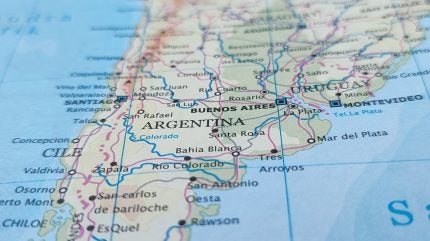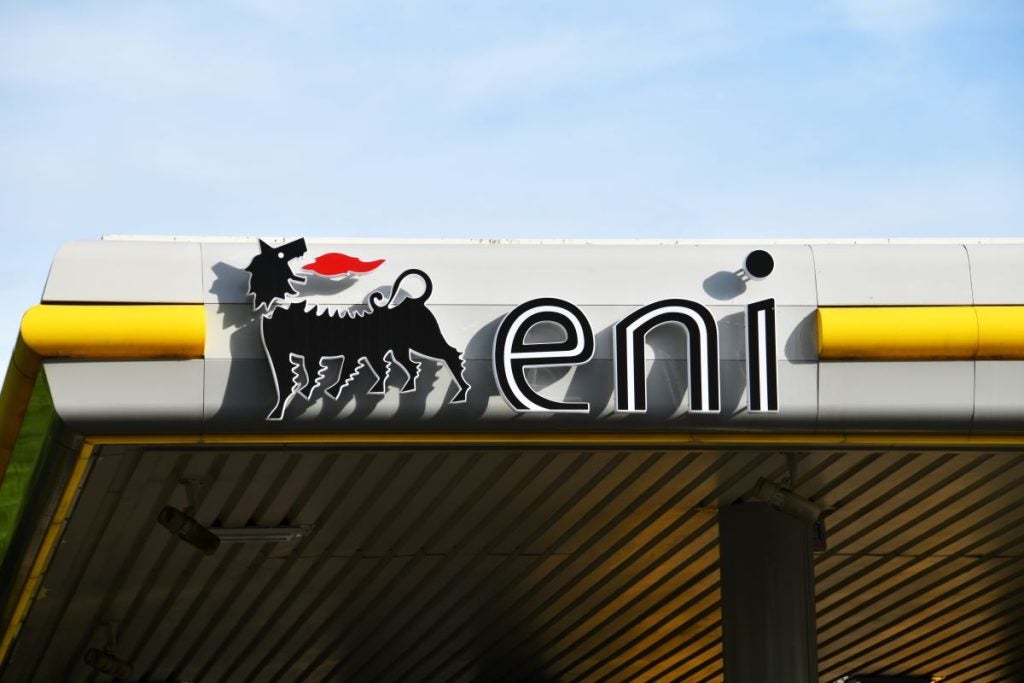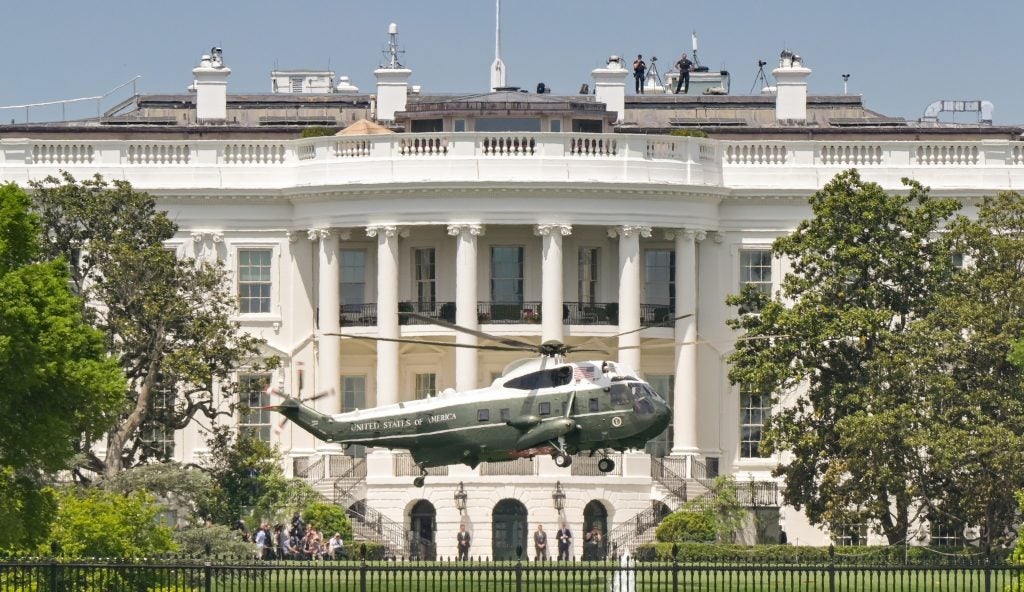
Brazil is actively exploring avenues to import natural gas from Argentina’s Vaca Muerta formation to address its growing gas deficit, reported Reuters.
The plan includes the potential reversal of a pipeline currently used for Bolivian gas transport.
Brazil, despite being Latin America’s largest crude oil producer, faces a shortfall in gas production to satisfy its escalating domestic demand.
This has led to a heightened reliance on imported liquefied natural gas (LNG).
Historically dependent on Bolivian gas, Brazil was compelled to renegotiate supply contracts with the Andean nation as Bolivia’s gas production wanes.
The revised agreement with state-owned Petrobras extends the timeline for Bolivian gas deliveries.
How well do you really know your competitors?
Access the most comprehensive Company Profiles on the market, powered by GlobalData. Save hours of research. Gain competitive edge.

Thank you!
Your download email will arrive shortly
Not ready to buy yet? Download a free sample
We are confident about the unique quality of our Company Profiles. However, we want you to make the most beneficial decision for your business, so we offer a free sample that you can download by submitting the below form
By GlobalDataArgentina, anticipating the cessation of its own imports from Bolivia due to the upcoming completion of a domestic pipeline that will transport gas from the Vaca Muerta shale formation, is considering the reversal of the gas line flow at Brazil’s behest.
This would enable Vaca Muerta’s gas to reach Brazil’s northern regions more economically by utilising existing infrastructure.
In an interview with the publication, Mines and Energy Minister Alexandre Silveira said: “That gas would be very important for them (Bolivia), for its energy security,” as it could offset its declining reserves.
Brazil is also assessing alternative gas transportation routes involving Uruguay and Paraguay and is promoting increased domestic onshore gas production.
With the presalt region’s output expected to plateau, Brazil is investigating new oil production frontiers including the Equatorial Margin, despite environmental concerns and permit delays affecting Petrobras’ operations.
“Brazil could be losing an opportunity” by not advancing exploration in this area, Silveira noted.
Furthermore, Silveira is preparing for Brazil’s participation as an observer in the upcoming OPEC+ meeting in June, following the announcement of its observer status last January.
The meeting will serve as a platform for Brazil to discuss energy transition and lead initiatives on stringent transition regulations and a global biofuels alliance.
Last month, reports emerged that ExxonMobil is assessing offers for its oil and gas assets in the Vaca Muerta shale region.







